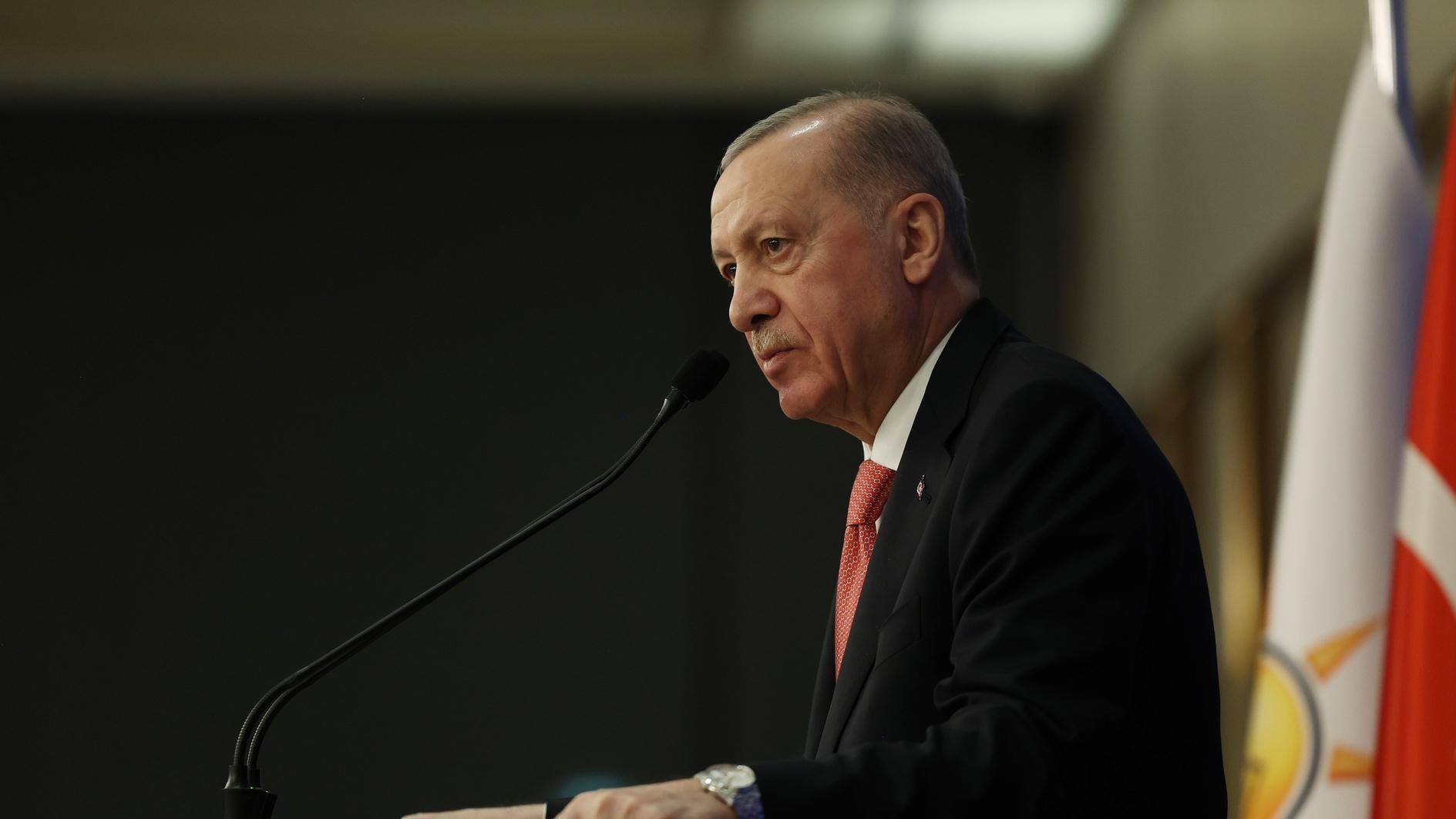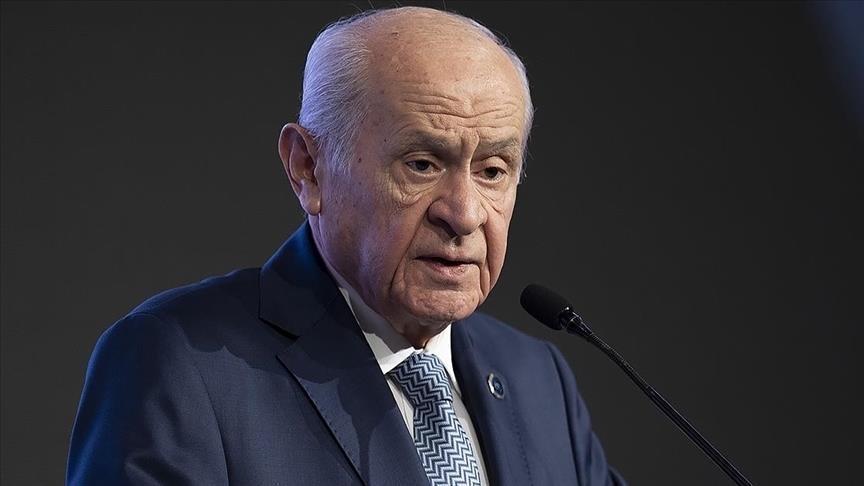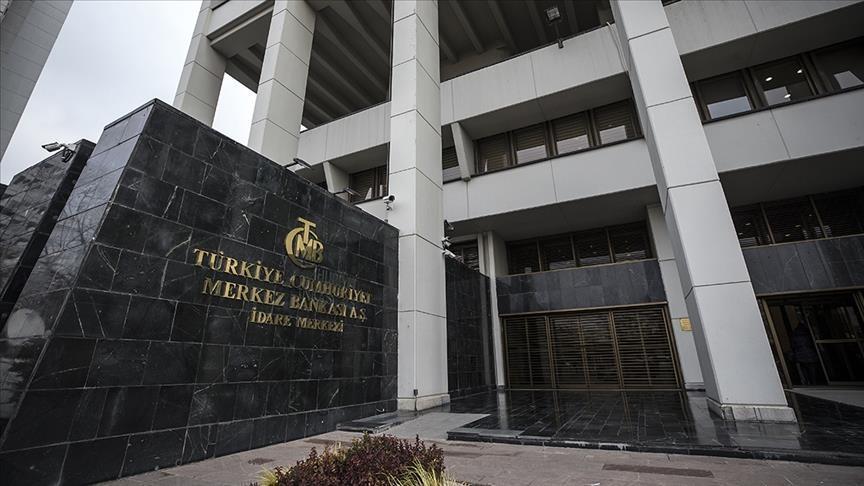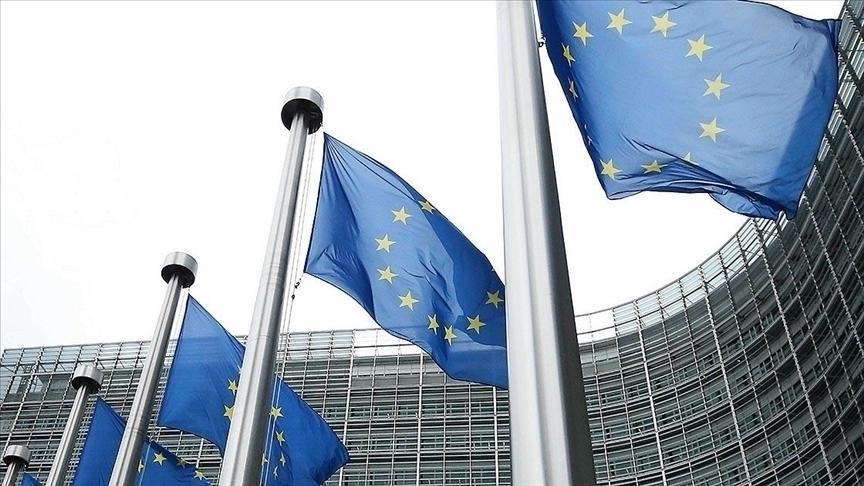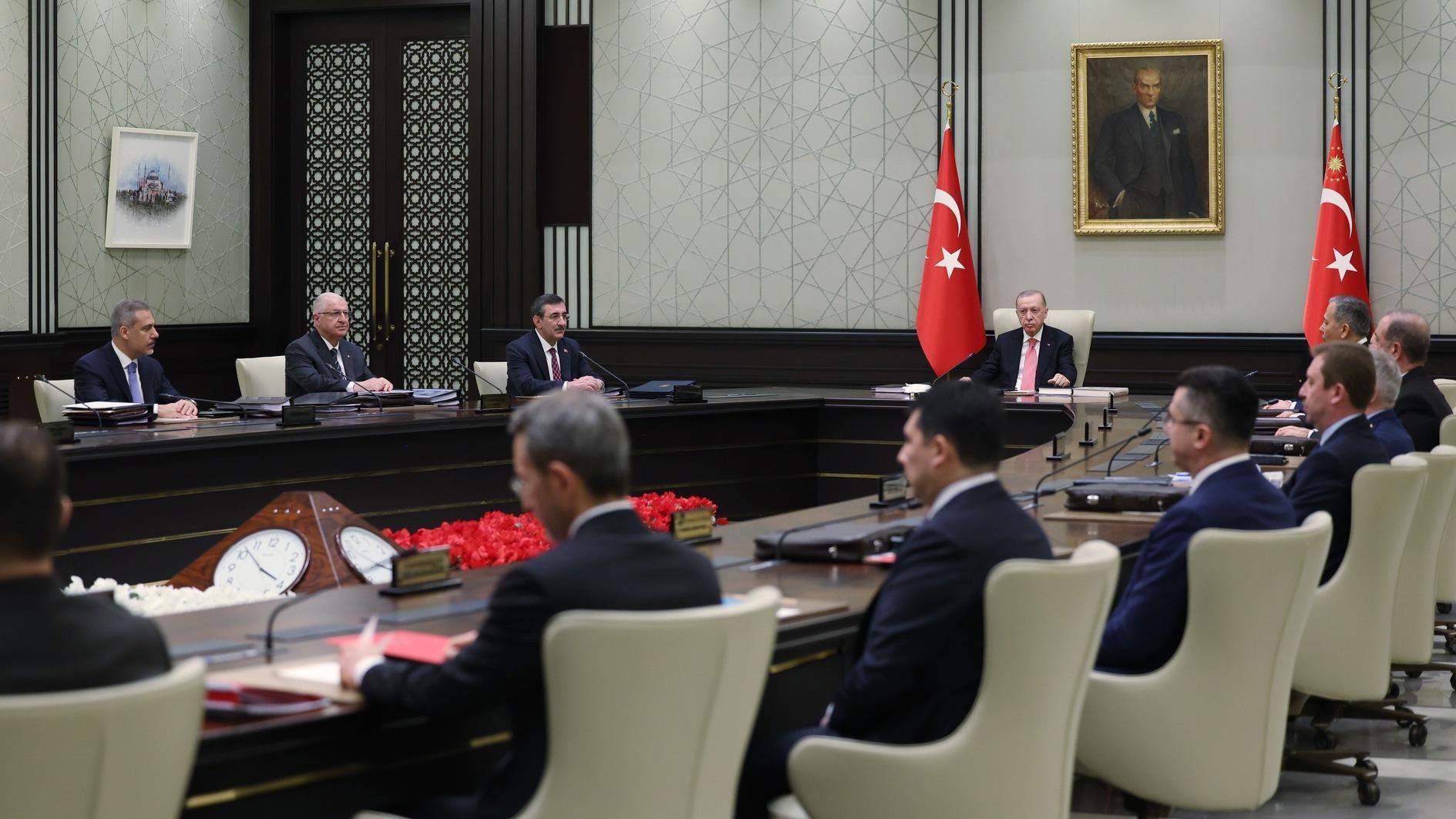Turkish opposition will thank Erdoğan in the long run
The Republican People’s Party (CHP) has its own truths that prevail over other truths, Adil Gür, a prominent pollster, told me. He says the main opposition is neither losing at the ballot box because it is secularist, nor is the AKP winning because it is conservative.
This is an important point to underline, because it kills the main argument of those within the CHP who resist change. “We are secular, the majority of the Turkish population is conservative, so no matter what we do our vote ratio will remain around 30 percent,” is the fundamental argument of some within the CHP administration, as well as the electorate, who take the easy way to justify electoral results. “It’s not our fault; it’s the fault of the conservative masses if they still vote for a thief,” they will reason, which obviously prevents any self-questioning.
However, Gür believes that economic issues have an overwhelming importance in determining electoral behavior in Turkey, just as in the rest of the world.
How many electoral results will it take for the CHP administration to grasp the fact that the party needs to give the electorate confidence that it is able to run the country and that economic stability will not derail if it comes to power. But the key question here is this: “Is CHP able to run the country?” Even some among those who have voted for the CHP are not convinced that the main opposition would successfully administer the county if, by some miracle, it came to government. Some voted for inefficiency rather than authoritarianism: “I’d rather be ruled by inefficient leaders than an authoritarian leader.” Those who were able to say this obviously had the luxury of feeling financially secure, since they could afford the short term economic risk or wished to believe that things wouldn’t get any worse.
The wider masses, however, are on thinner ice, since they have debts higher than their earnings and did not want to take the risk. They were simply not interested in hearing the smear campaign about Prime Minister Reep Tayyip Erdoğan or the ruling Justice and Development Party (AKP). They needed to be convinced that opposition parties would fare the country better than the ruling party.
So, if there is one lesson to be drawn from the local elections, it is that the opposition needs to forget about Erdoğan and the AKP and instead focus on its own programs and projects. That does not mean they should ignore any wrongdoing on the part of Erdoğan or the AKP, but that its primary focus should be firstly to come up with an “alternative story of their own,” and secondly to find ways to communicate it to large crowds in a convincing way.
Lack of communication with the majority of the nation is the biggest shortcoming of the CHP, and of its electorate, which was shocked by the AKP’s victory in spite of all the challenges it has gone through. However, those who have decided to touch base with reality were not shocked.
A very encouraging development took place during the local elections. The CHP’s traditional electorate, which had previously limited its political activities to posting criticism on Facebook or Twitter, decided to become ballot box volunteers. Listening to their observations, this seems to have been an eye-opening experience for some of them. Firstly, they realized that there is another, totally different world than the one they see in their neighborhood. Secondly, they observed that AKP supporters are not by nature haters of secularists. Thirdly, they saw on the ground just how well the AKP is organized. Fourthly, they understood that they could make a difference by deciding to act.
This was the first step. The next step is going to be to take a more active role within political parties. It is thanks to the pressure coming from the grassroots that the CHP will change. This is going to take a long time, but in 10 years’ time we are going to thank Erdoğan for politicizing an apolitical generation and transforming it into a new political class.



